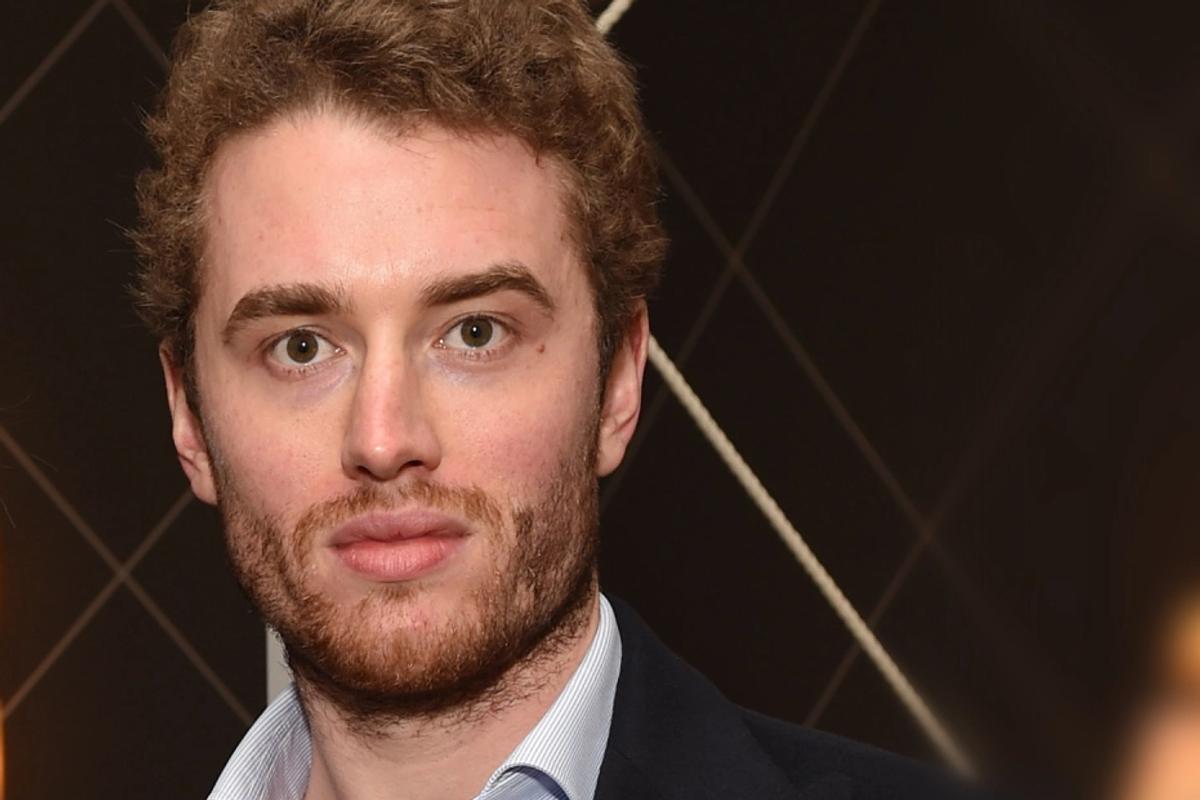The disgraced art dealer Inigo Philbrick has been sentenced by a Manhattan federal court to seven years in prison after pleading guilty to an $86m wire fraud in November. Yesterday's hearing brings to a close one of the art world's highest-profile criminal lawsuits in decades.
The 34-year-old British-born dealer, who is a US citizen, fled the US in October 2019 after defaulting on a $14m loan, which began the unravelling of a years-long scheme to defraud a number of his high-networth clients and art world acquaintances. He was arrested in June 2020 in the South Pacific island of Vanuatu and brought back to the US where he was indicted a month later; he had already spent two years in jail prior to yesterday's sentencing.
Prosecutors said he carried out the scheme by misrepresenting the ownership of a number of post-war and contemporary works. He would sometimes sell more than 100% ownership of the works to multiple individuals and entities without their knowledge. In November, Philbrick was also indicted on identity theft charges.
Works used in the scheme included the 1982 Basquiat painting Humidity, a 2010 untitled painting by Christopher Wool and an untitled 2012 painting by Rudolf Stingel depicting the artist Pablo Picasso, authorities said during yesterday's hearing.
District Judge Sidney Stein ordered Philbrick to pay the full amount of his $86m fraud in restitution and forfeit two paintings, one by Wool and another by Wade Guyton. Due to the fraudulent nature of his business, it is unclear how many paintings Philbrick still owns or has possession of. A representative for the US government told the court that investigators had received 16 restitution requests for works that Philbrick had been keeping, a number that is expected to grow. Many of his victims may never recover their lost assets, prosecutors said.
During the trial, which was attended by his mother Jane and his fiancée, the reality television personality Victoria Baker-Harber, with whom he has a one-year-old daughter, Philbrick expressed “remorse and sorrow for the damage” he had caused and described his behaviour as "outrageous and inexcusable". His lawyer Jeffrey Lichtman made a last plea to reduce his seven-year sentence but to no avail. Nonetheless, Philbrick's sentence is still below the recommended minimum of ten years.
“Inigo Philbrick grew his purportedly successful art business by collateralizing and reselling fractional shares in high dollar contemporary art,” the US attorney Damian Williams said in a statement. “Unfortunately, his success was built on brazen lies, including concealed ownership interests, fake documents, and even an invented art collector.”


